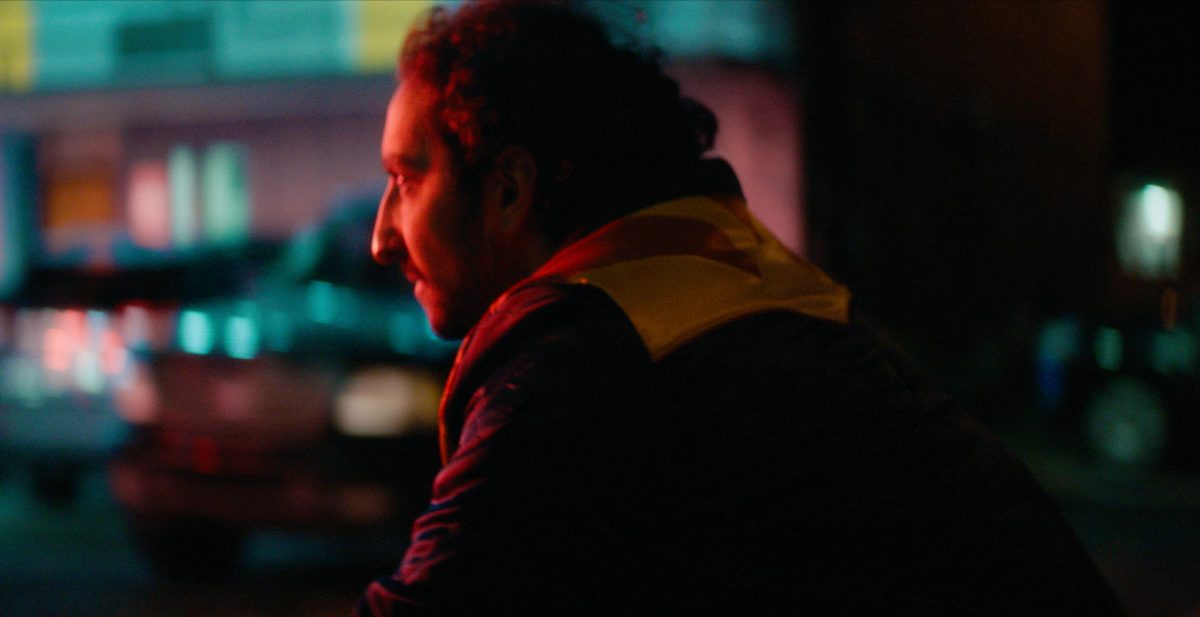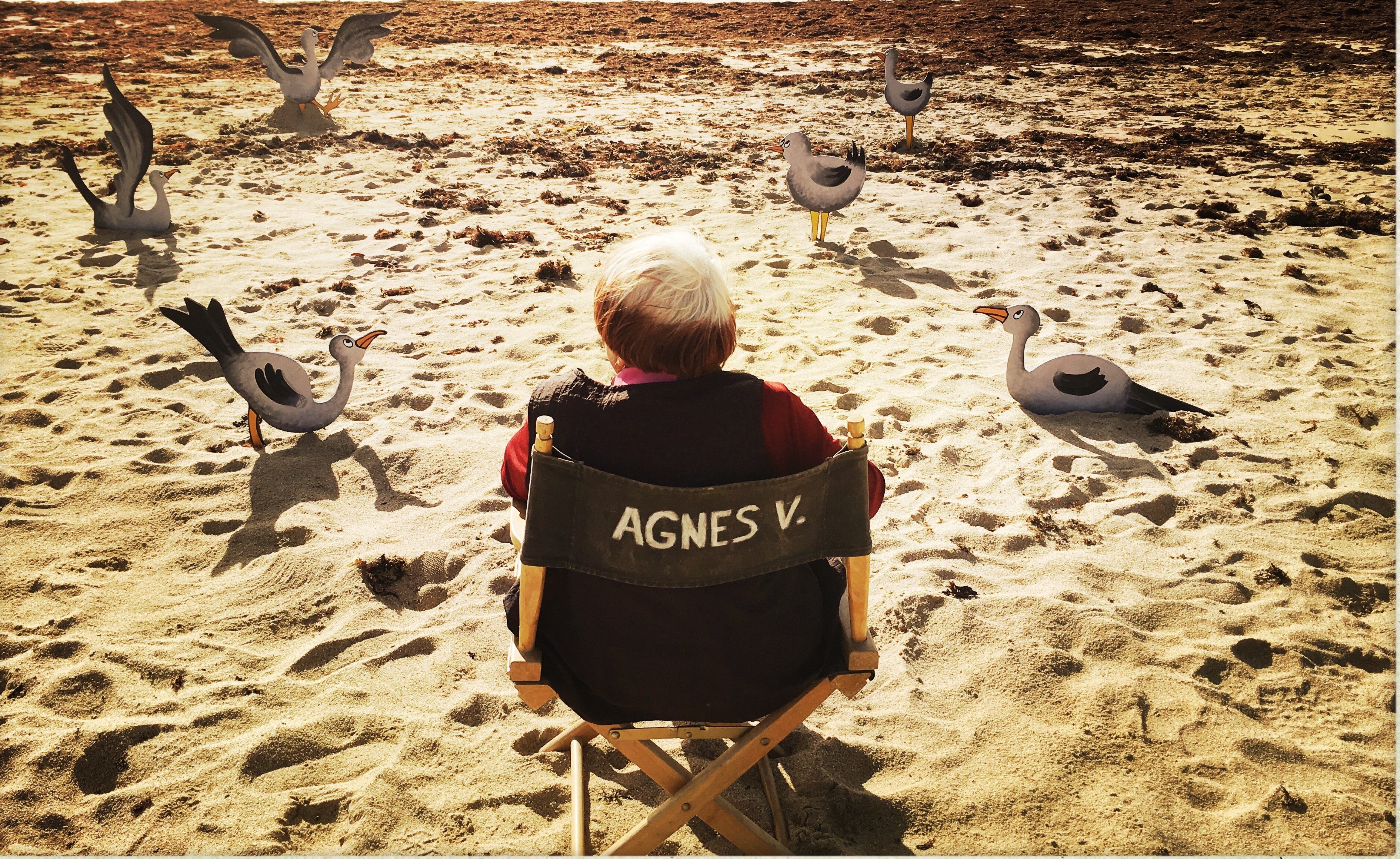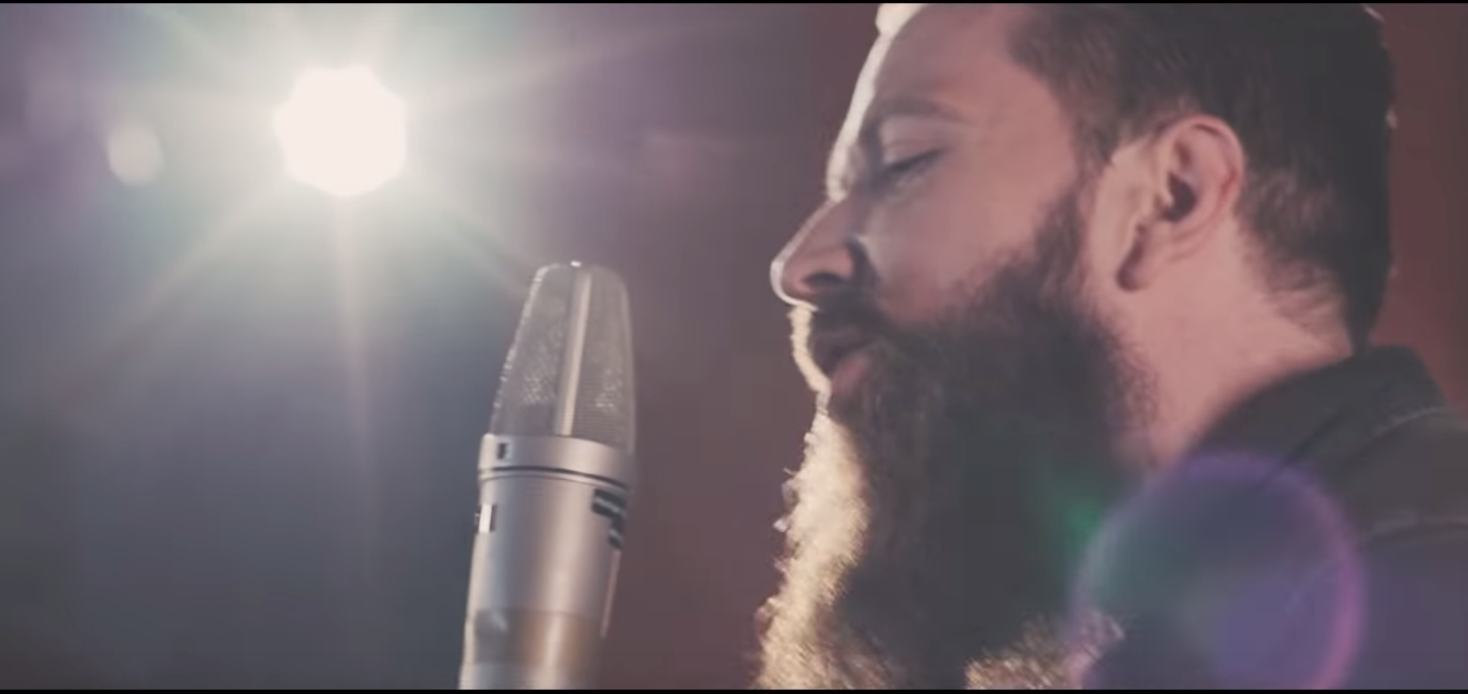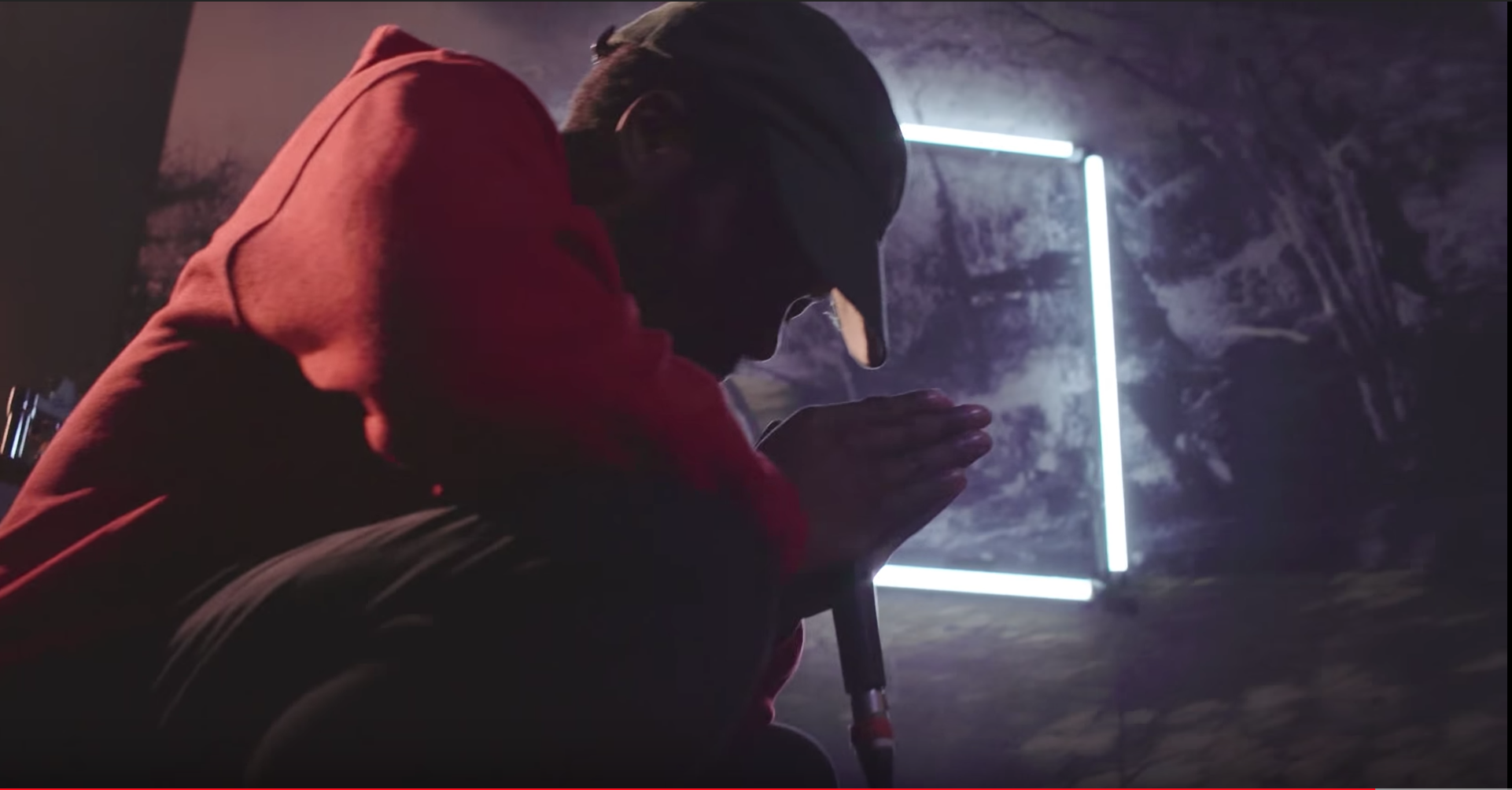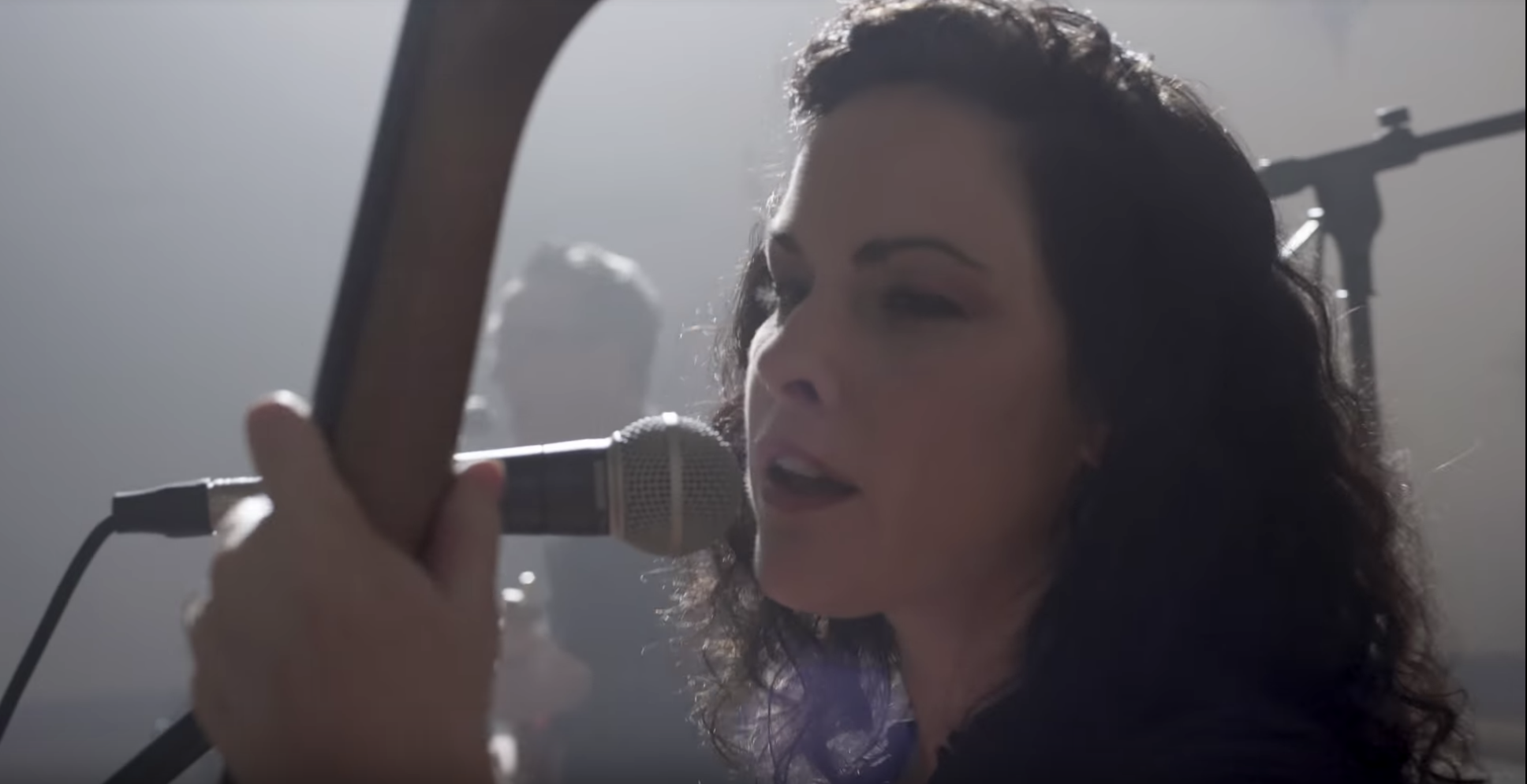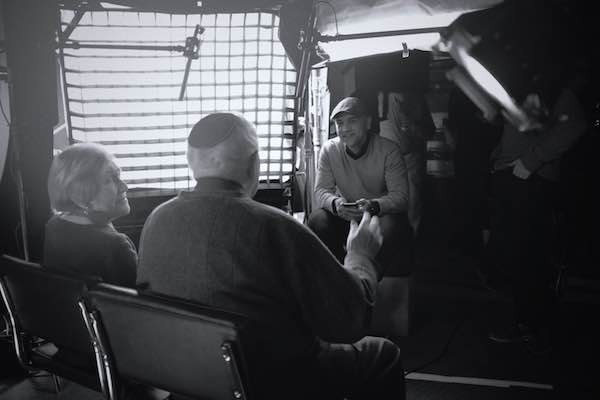Jacir is directed by Waheed AlQawasmi, an immigrant from the Middle East who landed in Memphis two decades ago. Set in the director’s adopted hometown, it arrives in theaters amidst a storm of controversy. A lawsuit by the film’s first producer Amy Williams alleges an abusive working environment on set, culminating in wrongful termination, and a number of financial improprieties. It’s never a good sign when the behind-the-scenes drama overshadows the story on the screen. If it’s any consolation to all those involved in the ongoing turmoil, at least it wasn’t for nothing. Jacir is an artistic success.
You probably know Memphis is a poor city, but how poor is it, in the big picture? Last Sunday, the New York Times published a story on the twentieth anniversary of the Iraq War. Writer Alissa J. Rubin notes that “About a quarter of Iraqis live at or below the poverty line, according to Iraq’s Planning Ministry.”
According to U of M’s 2021 Memphis Poverty Fact Sheet, 24.6 percent of the city’s adults and 39.6 percent of children live at or below the poverty level.
That’s right — Memphis, Tennessee, USA, is as poor as Iraq, the county we destroyed on a whim two decades ago. During the course of the invasion, and the eight-year occupation, the U.S. military killed approximately 80,000 enemy combatants and 200,000 civilians. ISIS formed to fill the power vacuum in the northwestern part of Iraq, sparking a series of conflicts that spread to Syria, where a multi-pronged civil war still occasionally flares up. Millions of people fleeing the fighting are now refugees, spread out across the world.
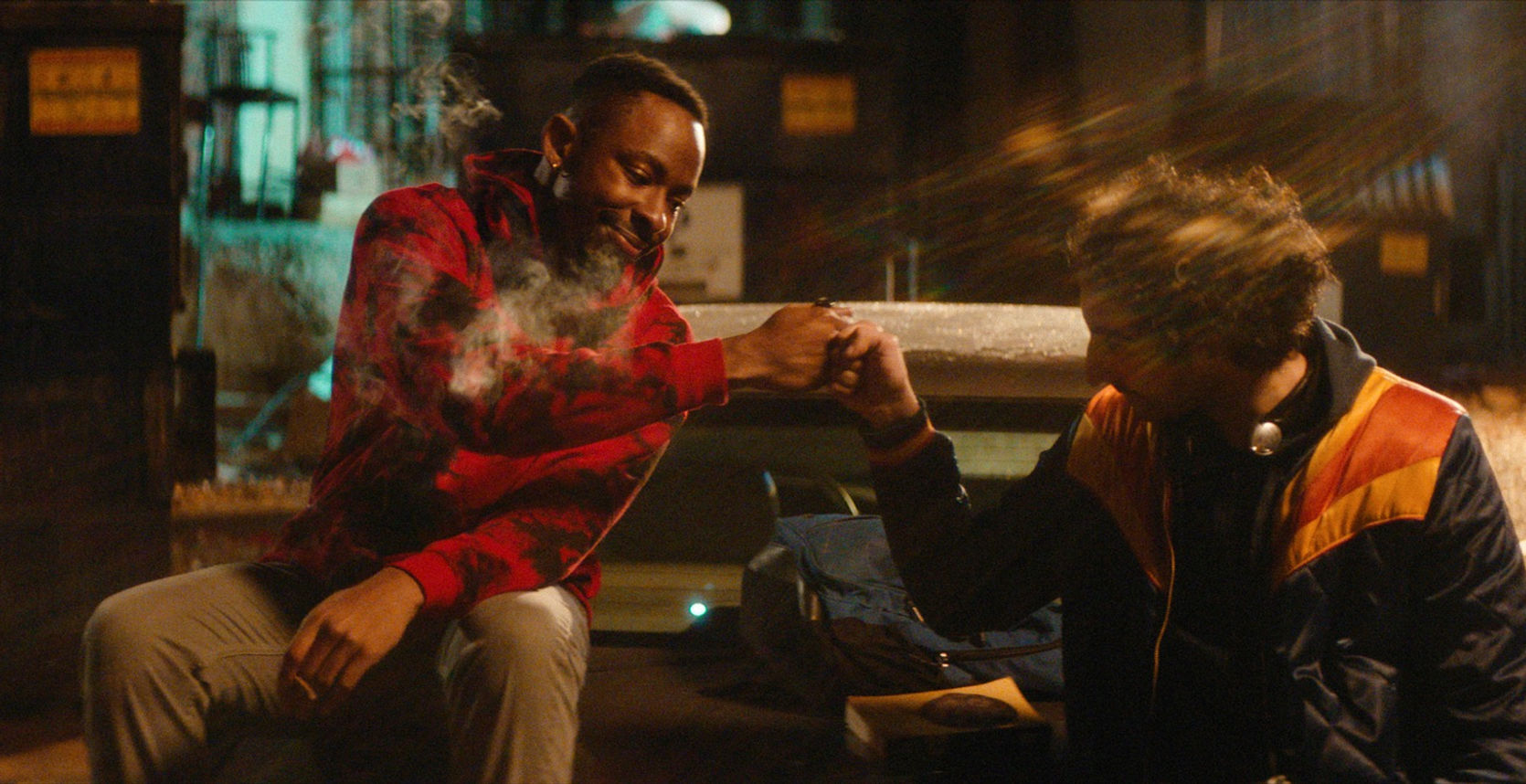
In Jacir, Malik Rahbani stars as young man from the destroyed city of Aleppo, Syria, who fled the fighting and made it all the way to Memphis. His entire family is dead, and the former architecture student is now a dishwasher at a Middle Eastern restaurant run by the acerbic Adam (Tony Mehanna). He gets in the good graces of fellow kitchen staffer Jerome (Tutweezy) by telling him Adam is calling him the n-word in Arabic.
When Jacir walks through the urban blight of South Memphis, with gunfire echoing in the distance, he can’t help but be reminded of the bombed-out streets of Aleppo, and wonders if he has come to “a worse shithole.” As he stares at pictures of his dead family on his cracked smartphone screen and plays Al Kapone on his scavenged stereo, he hears anti-immigrant Fox News rants coming through the walls. His neighbor Meryl (Lorraine Bracco) is a disabled retiree who has given up on life. “I like drinking by myself now,” she tells her last friend who tries to coax her back to the land of the living. Instead, she chooses to soothe her pain with racist grievance and oxycontin.
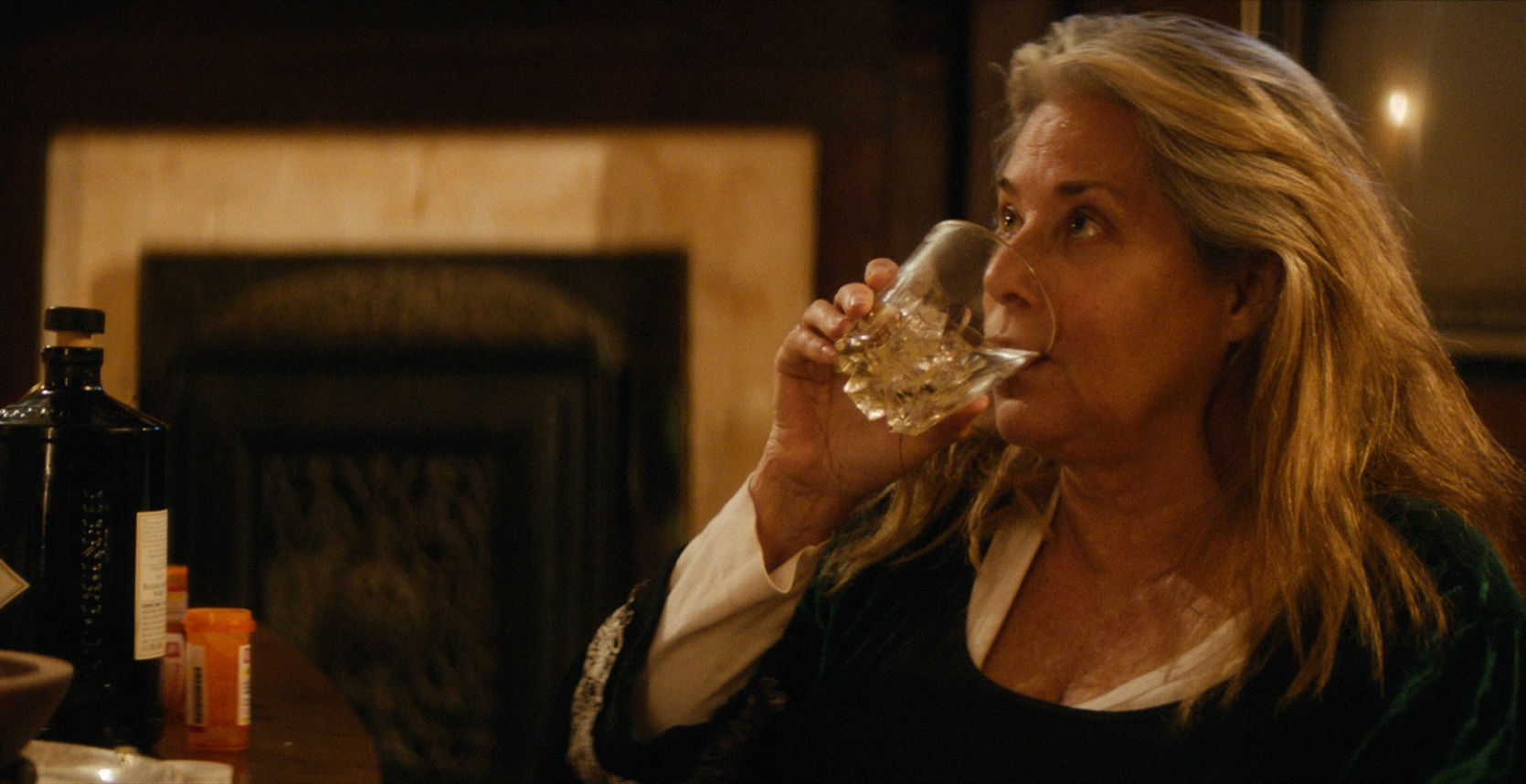
Raised in a tradition of kindness towards strangers, Jacir wants to help his neighbor, to prove that he’s a nice guy, not a dirty animal. But she pushes back, continually insulting him even after he saves her from a burglary. Jacir’s immigration officer (Mark Jeffrey Miller) is not happy about his charge showing up on police reports, no matter what the reason. He threatens Jacir with deportation, even though he has no place to go.
What Jacir, Jerome, and Meryl all have in common is that they are members of the disposable class that their governments and economic systems have tossed on the trash heap. Their challenge is to figure out how to carve out space for themselves while learning to accept the humanity of their fellow strugglers. They want to live, to create, to pursue happiness in their own way, but whether it’s Fallujah or Allepo or Memphis, they’re all in the same place.
These are well-trod roads. Spike Lee’s Do The Right Thing, with its restaurant setting and casually racist owner, is a clear inspiration. Tutweezy’s aspiring rapper is right out of Craig Brewer’s Hustle & Flow, and AlQawasmi indulges in Brewer-esque montages for several character beats. The cinematography by Memphis lenser Ryan Earl Parker is excellent at evoking both the bleakness of the impoverished settings and the city’s unpredictable bursts of beauty.
But it’s the performances that really make Jacir. Rahbani, who looks like John Cusack by way of Beirut, goes from wide-eyed vulnerability to flinty cynicism while holding on to the human core of his character. Bracco brings out the pain, confusion, and denial behind the devotion of many Trumpist cultists. Miller, Tutweezy, and Leila Almas Rose as Adam’s sympathetic daughter Nadia all deliver solid turns.
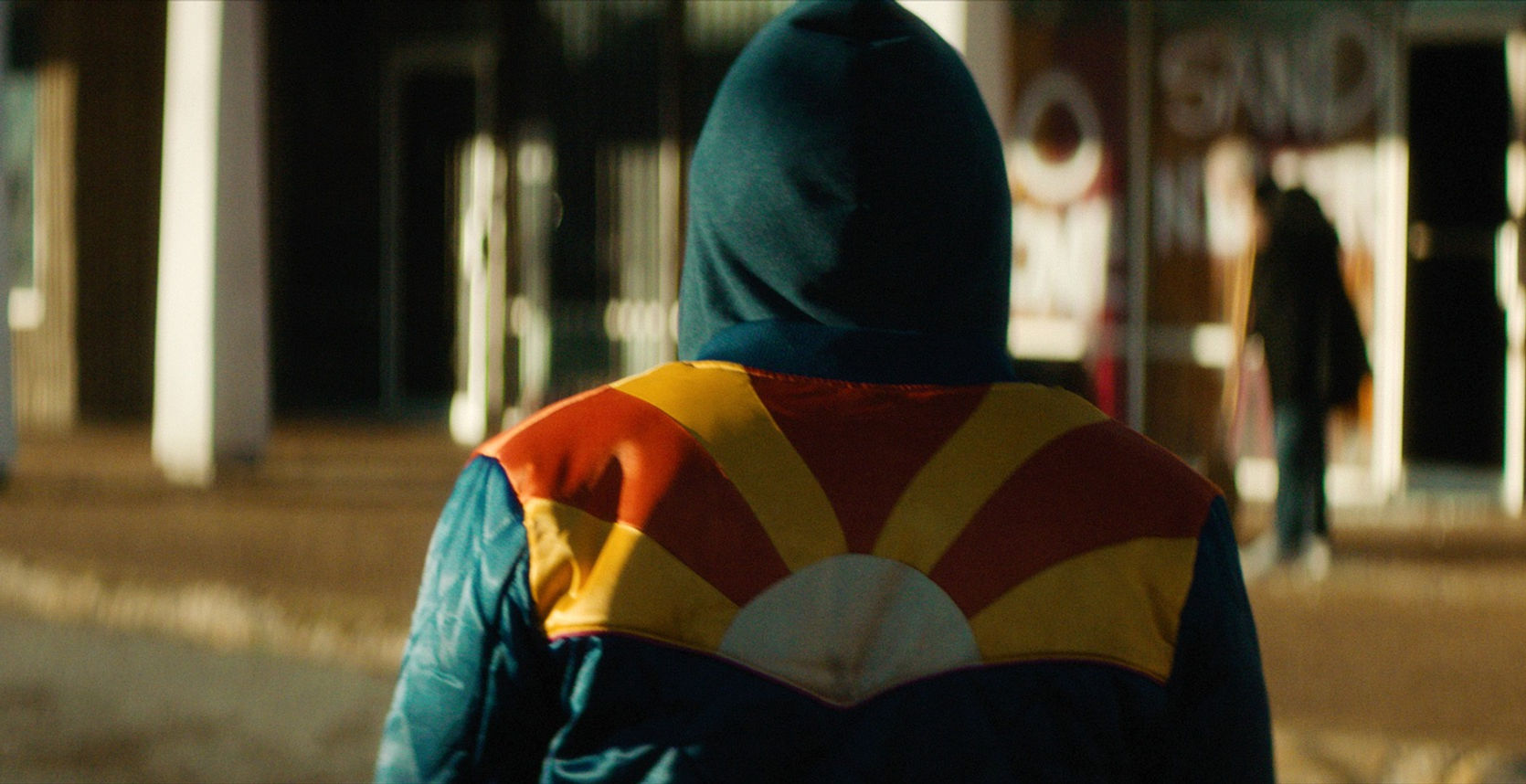
There is a long tradition in art of the enfant terrible, the troubled visionary whose rages and cruelty go hand in hand with their undeniable talent. Some see Welles’ tantrums, Hitchcock’s misogyny, Goddard’s abusiveness, Polanski, and Singer’s sex crimes as part of a package with their brilliance. In fact, these great men — and notice, they’re all men — were held back by their bad behavior. Their films succeeded in spite of, not because of, the rampant assholery. They were saved by crews who knew how to behave professionally, even when their leaders failed to. The days of John Ford slugging whiskey while directing a cavalry charge are over, mostly thanks to crews who refuse to put up with it in the wake of #MeToo and several recent high-profile on-set fatalities. In this case, it’s a real shame, because Jacir is a legitimately remarkable achievement, both in artistic and business terms. Is that what it will be remembered for?
